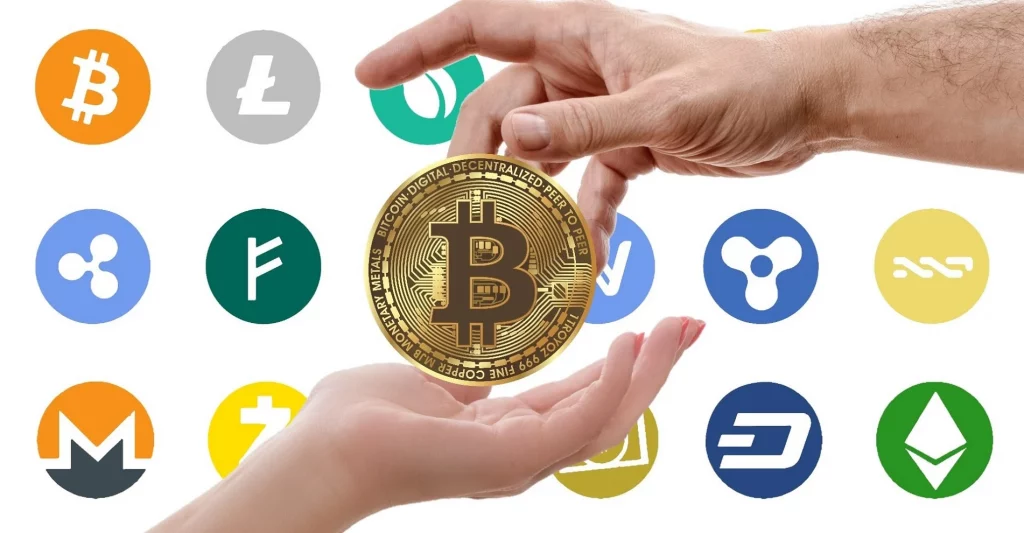The world of cryptocurrency continues to evolve rapidly, and one of the most promising innovations is the rise of token bond markets. These digital financial systems are bringing traditional bond mechanics into the blockchain world, creating new opportunities for both lenders and borrowers.
As crypto lending grows, token bond markets are set to become a powerful tool for unlocking liquidity and building more stable, decentralized financial systems.
What Are Token Bond Markets?
Token bond markets refer to platforms or systems where bonds are issued, traded, and settled using blockchain technology. Instead of paper certificates or centralized databases, these bonds exist as digital tokens on a blockchain. They represent debt instruments that promise to pay the holder a fixed interest over time, similar to traditional government or corporate bonds.
However, unlike traditional bonds, tokenized bonds offer several advantages:
- Faster settlement
- Increased transparency
- Lower costs
- 24/7 global trading access
How Token Bonds Work in Crypto Lending
In the world of crypto lending, borrowers typically deposit collateral in crypto and receive loans in stablecoins or other digital assets. With token bonds, borrowers can issue digital debt instruments (tokenized bonds) to raise funds from lenders or investors. In return, they promise to pay back the principal plus interest over a set period.
For example, a decentralized finance (DeFi) platform might allow a borrower to issue a token bond that pays 8% annual interest. Investors can buy the token, hold it for income, or trade it in secondary markets. This creates a liquid and flexible debt market, all without intermediaries like banks.
Why Token Bond Markets Matter
1. Decentralization of Debt Markets
Token bond markets reduce the need for central authorities or large institutions to manage debt issuance and trading. This levels the playing field for small investors and startups, allowing them to participate in fixed-income opportunities.
2. Improved Transparency
Since all transactions are recorded on the blockchain, investors have clear visibility into bond performance, issuer history, and repayment schedules. This boosts trust and reduces the risk of fraud.
3. Global Access
Tokenized bonds can be bought and sold by anyone with internet access and a crypto wallet, opening up investment opportunities across borders. This is especially powerful in countries with limited access to traditional capital markets.
4. Programmable Contracts
Smart contracts can automate interest payments, collateral management, and redemption dates. This reduces manual errors, lowers costs, and ensures timely delivery of obligations.
Current Projects Leading the Way
Several platforms are already exploring or implementing token bond markets:
- Ondo Finance: Offers tokenized U.S. Treasuries and investment-grade bonds via blockchain.
- Maple Finance: Enables institutional crypto lending through tokenized loan pools.
- Centrifuge: Connects real-world assets like invoices and bonds to DeFi by tokenizing them on-chain.
- Swarm Markets: Brings regulated securities, including tokenized bonds, to the Ethereum blockchain.
These pioneers are showing how crypto and traditional finance can merge to create new, efficient systems.
Challenges and Risks
Despite their potential, token bond markets face several hurdles:
1. Regulatory Uncertainty
Governments are still figuring out how to regulate tokenized securities. Lack of legal clarity can limit adoption and expose participants to legal risks.
2. Smart Contract Vulnerabilities
While automation is useful, any bugs in smart contracts can cause significant losses or exploitation.
3. Market Volatility
Crypto assets are highly volatile, which can affect the value and perception of tokenized debt instruments.
4. Liquidity Concerns
Token bond markets are still in their early stages, and lack of trading volume can make it difficult to exit positions quickly.
The Future of Token Bond Markets
As regulation matures and investor confidence grows, token bond markets are expected to become a major part of the crypto lending ecosystem. They could:
- Replace traditional debt issuance for startups and DAOs (decentralized autonomous organizations)
- Create new yield-generating assets for crypto investors
- Help bring real-world assets into the DeFi space
- Enable fractional ownership of high-value bonds
By combining the transparency of blockchain with the familiarity of bonds, token bond markets have the potential to redefine how lending and borrowing are done in the digital age.
Conclusion
Token bond markets represent a bold step forward in crypto lending. They take the trusted concept of bonds and bring it into the decentralized world, offering greater efficiency, transparency, and access.
While challenges remain, the foundation has been laid for a new kind of debt market—one that could rival traditional finance in reach and innovation.
As crypto matures, expect to see token bond markets playing a central role in shaping the next generation of global finance.
Follow Gen Z New WhatsApp Channel
https://whatsapp.com/channel/0029VaWT5gSGufImU8R0DO30


